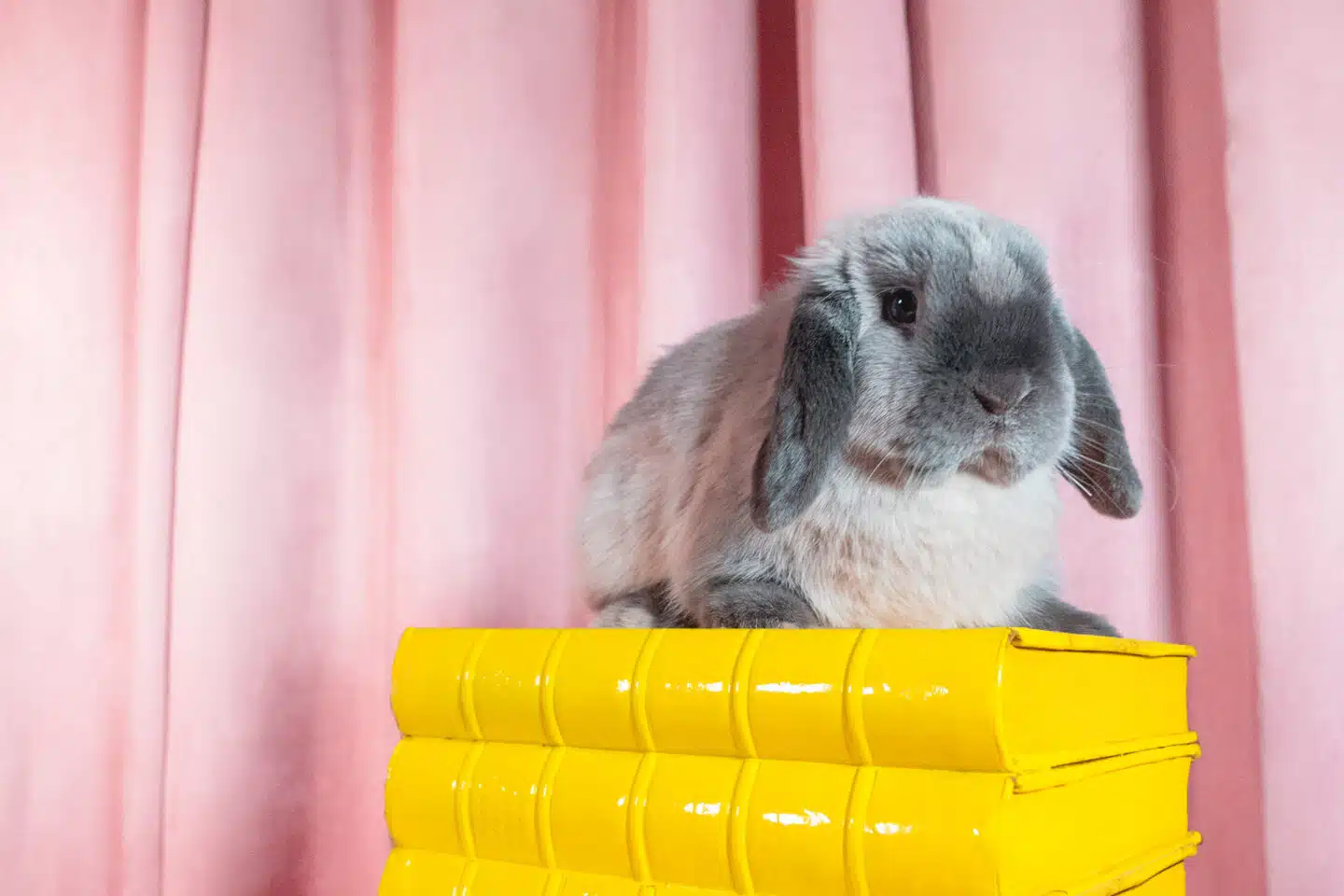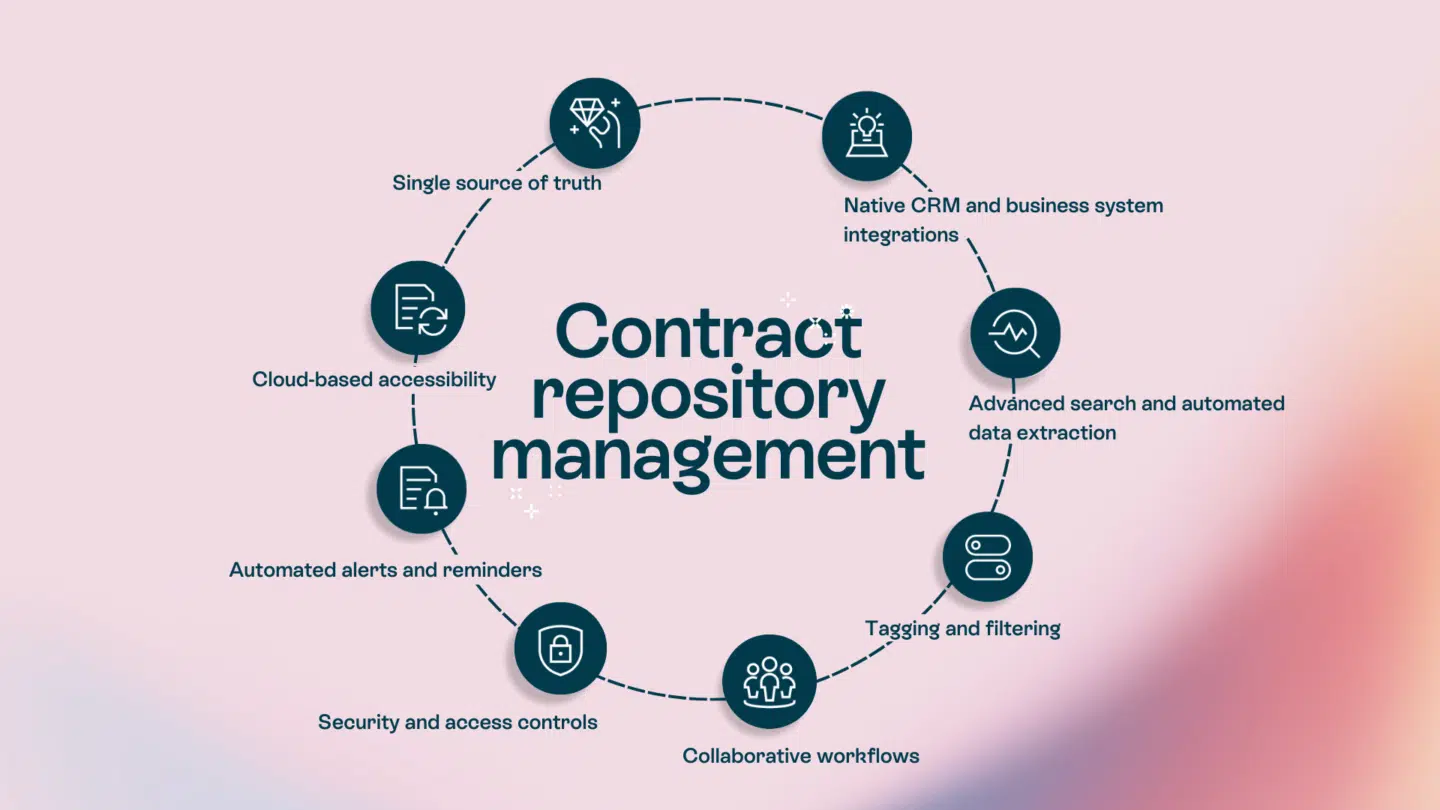We can all agree that contracts are the backbone of any transaction or agreement. From buying and selling goods to leasing property or hiring services, commercial contracts play a crucial role in ensuring the smooth operation of businesses. But what exactly is a commercial contract, and why is it so important? In this article, we’ll take a look at commercial contracts. So, let’s go!
Commercial contracts: The 101
Before we dive into the nitty-gritty details, let’s first look at the key elements of commercial contracts. At their core, commercial contracts are legally binding agreements entered into by two or more parties in the course of business. These contracts govern the rights and obligations of the involved parties and provide a framework for resolving any disputes that may arise.
Commercial contracts play a crucial role in the business world, serving as the foundation for countless transactions and collaborations. Whether it’s a simple agreement for the sale of goods or a complex joint venture agreement, understanding the basics of commercial contracts is essential for anyone involved in business negotiations.
Read also: What is contract management: a complete guide

Definition and purpose of commercial contracts
A commercial contract can be defined as a written or verbal agreement between businesses or individuals engaged in commercial activities. Its purpose is to outline the terms and conditions under which the parties agree to conduct their business. By clearly defining the rights and responsibilities of each party, commercial contracts aim to establish a stable and mutually beneficial business relationship.
Commercial contracts come in various forms, ranging from standard templates to highly customized agreements tailored to specific business needs. Regardless of their complexity, these contracts serve as a roadmap for the parties involved, ensuring that everyone is on the same page and minimizing the risk of misunderstandings or disputes.
Key elements of a commercial contract
When examining a commercial contract, several key elements deserve close attention. These elements include:
- Offer: This is the proposal made by one party to another, stating their willingness to enter into a contract. The offer sets the stage for the negotiation process and forms the basis for the contract.
- Acceptance: Once the offer is made, acceptance by the other party is required to form a valid contract. Acceptance can be expressed explicitly or implied through the parties’ conduct.
- Consideration: This refers to the exchange of something of value between the parties, such as money, goods, or services. Consideration is a fundamental element of a contract and ensures that both parties have something to gain from the agreement.
- Terms and Conditions: The specific obligations, rights, and responsibilities of each party are detailed in this section of the contract. This includes provisions related to payment terms, delivery schedules, performance expectations, and any other relevant terms that define the scope of the agreement.
- Performance and Remedies: The contract should specify how and when the parties will fulfill their obligations and outline the available remedies in case of breach. This section provides a roadmap for the parties to follow, ensuring that both sides understand their responsibilities and the consequences of non-compliance.
While these key elements provide a basic framework for commercial contracts, it’s important to note that each agreement is unique and may require additional provisions depending on the nature of the business relationship. For example, a contract between a manufacturer and a distributor may include clauses related to exclusivity, territorial rights, or intellectual property protection.
Understanding the basics of commercial contracts is just the first step in navigating the complex world of business agreements. In fact, they serve as the backbone for building successful and sustainable business relationships.
Read also: How to build an effective sales prospect list and crush your sales in 2024

Types of commercial contracts
Now that we have a solid understanding of the basics, let’s explore the various types of commercial contracts that are commonly encountered in business transactions.
Sales contracts
Sales contracts are perhaps the most recognizable form of commercial contracts. They govern the purchase and sale of goods or services between businesses or individuals, outlining the price, quantity, quality, delivery terms, and other essential details of the transaction.
Lease contracts
Lease contracts come into play when one party, the lessor, grants another party, the lessee, the right to use a property or asset for a specified period in exchange for periodic payments. These contracts often cover aspects such as rent, maintenance responsibilities, and conditions for termination.
Service contracts
Service contracts govern business agreements where one party undertakes to perform a specific service for another in exchange for payment. These contracts outline the scope of work, performance timelines, payment terms, warranties, and any other related provisions.
The importance of commercial contracts in business
With an understanding of the types of commercial contracts, we can now explore why they are crucial for business operations.
Protecting business interests
Commercial contracts play a vital role in protecting the interests of businesses. By clearly defining the expectations and obligations of each party, these contracts minimize the risk of misunderstandings and disputes. They safeguard businesses against potential losses, ensuring that both parties fulfill their commitments and preventing unauthorized use or disclosure of sensitive information.
Ensuring legal compliance
Businesses operate within a complex web of laws and regulations, and commercial contracts help ensure compliance. These contracts enable businesses to integrate legal requirements into their agreements, ensuring that all parties involved are aware of and abide by the applicable laws and regulations.
Read also: How to become a great salesperson: Essential tips for success

The process of drafting a commercial contract
Now that we understand why commercial contracts are important, let’s take a closer look at the process involved in drafting these legally binding documents.
Identifying the parties involved
The first step in drafting a commercial contract is to clearly identify the parties involved. This includes providing their legal names, addresses, and any other relevant business details. Additionally, it’s essential to specify the roles and responsibilities of each party to avoid ambiguity down the line.
Outlining the terms and conditions
Once the parties are identified, the next step is to outline the terms and conditions of the contract. This section should cover all relevant provisions, including the scope of work, payment terms, delivery timelines, dispute resolution mechanisms, termination clauses, and any additional obligations or requirements specific to the nature of the agreement.
Reviewing and signing the contract
Before finalizing a commercial contract, it is crucial to review the document carefully to ensure accuracy and alignment with the intentions of all parties involved. Legal professionals, such as attorneys or contract specialists, may be involved in this stage to verify compliance with applicable laws and provide expert advice. Once reviewed and finalized, all parties should sign the contract to indicate their acceptance and commitment to its terms and conditions.
Potential problems with commercial contracts
While commercial contracts are powerful tools for protecting business interests, certain problems with them can arise. Let’s explore some of the common challenges that can arise.
Ambiguous terms and conditions
An ambiguous or poorly defined term or condition can lead to misunderstandings and disputes. It is crucial for all parties involved to clearly understand the language and intent of the contract. Careful attention should be given to definitions, interpretations, and any clauses that may be subject to different interpretations.
Unenforceable clauses
Some clauses in a commercial contract may be unenforceable due to legal restrictions or public policy considerations. It is essential to ensure that all provisions comply with the applicable laws and regulations governing the specific industry or jurisdiction.
The key takeaways
Commercial contracts serve as the backbone of business transactions, providing clarity, protection, and legal compliance. Understanding their definition, purpose, key elements, types, importance, drafting process, and potential pitfalls will empower businesses to negotiate and enter into contracts with confidence, fostering successful and mutually beneficial relationships.








